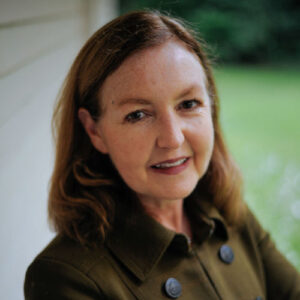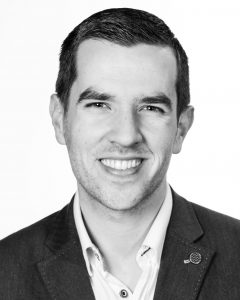What South Africa Doesn’t Need in a New Chief Justice: One Who Will Bring Religion into the Public Sphere
 Christine M. Venter is a Teaching Professor at Notre Dame Law School and Affiliated Faculty in Gender Studies at the University of Notre Dame
Christine M. Venter is a Teaching Professor at Notre Dame Law School and Affiliated Faculty in Gender Studies at the University of Notre Dame
South Africa’s young democracy is in crisis. Riots and looting, high unemployment, charges of corruption and cronyism against the former president, and an inability to transform the economy to make it more equitable, have all led to people losing faith in the government. Despite those challenges, the legal system has remained in relatively high regard. The courts, and in particular, the Constitutional Court, have distinguished themselves by administering justice in a manner consistent with the values of the new Constitution, as well as international human rights norms. By recently ordering the arrest and imprisonment of former President, Jacob Zuma, for contempt of court, the Constitutional Court has sent the important message that the law will be applied in an impartial manner and that no one is above the law.
However, for people to retain their faith in the legal system, and in the Constitutional Court in particular, the justices themselves must be above reproach and must conduct themselves in a manner that sustains confidence in the Court. To do so, at a minimum, they must comport themselves with the Code of Judicial Conduct, which requires judges, among other prohibitions, to refrain from being involved in any political activity, any activities which practice discrimination, or which call their impartiality into question. Generally, this has been the case, even while justices have come and gone. The Constitutional Court justices are appointed for twelve year terms and not for life, unlike the justices of the U.S. Supreme Court. But recent speeches and comments by the current Chief Justice, Mogoeng Mogoeng, have posed a threat to the credibility of the Court and its members.


